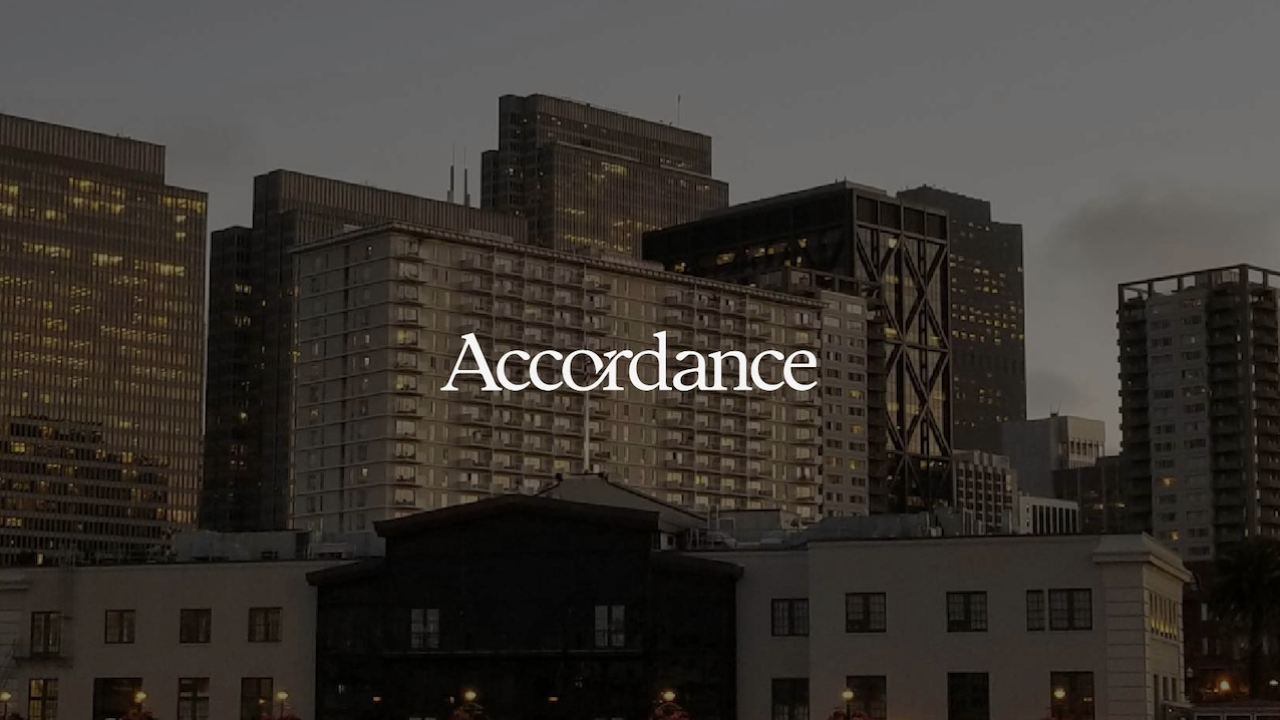The ready availability of technology is leading consumers to spend more money on digital purchases rather than save their cash, according a new survey by the American Institute of CPAs.
Americans who subscribe to digital services spend an average of $166 each month for cable TV, home Internet access, mobile phone service and digital subscriptions, like satellite radio and streaming video—the equivalent of 17 percent of their monthly rent or mortgage payment. Consumers who download songs, apps and other products spend an average of an extra $38 per month according to a national phone survey of 1,005 U.S. adults conducted for the AICPA for Harris Interactive in conjunction with National Financial Literacy Month.
The survey found that 56 percent of Americans believe that technology has made it easier to spend money and only three out of 100 say it has made it easier to save. Thirty-seven percent of the survey respondents said they are split on the issue, saying technology has made it easier to both spend and save.
“Our gadgets and connections can bring benefits like mobility and efficiency,” said
National CPA Financial Literacy Commission chairman Jordan Amin. “But they can also bring financial challenges, like taking money that could go to savings, for instance, or contributing to credit card debt. We have to mind these expenses and budget for them to ensure the benefits outweigh the costs.”
Forty-one percent of U.S. adults download and pay for digital products or services, the survey found. The survey respondents who purchase such content said they buy an average of five digital songs per month, five movies or TV shows, two apps, two games and two eBooks. Sixty-nine percent of the survey respondents with annual household incomes of $100,000 or more said they download and pay for digital products and services, which is significantly higher than the roughly one quarter of those, 28 percent, with annual household incomes of less than $35,000.
Asked to choose the one action they would most likely take when facing a budget crunch, 41 percent of the respondents said they would cut back on eating out, 20 percent said they would cut off cable TV, 8 percent said they would end cell phone service and 8 percent said they would stop downloading songs and digital products.





